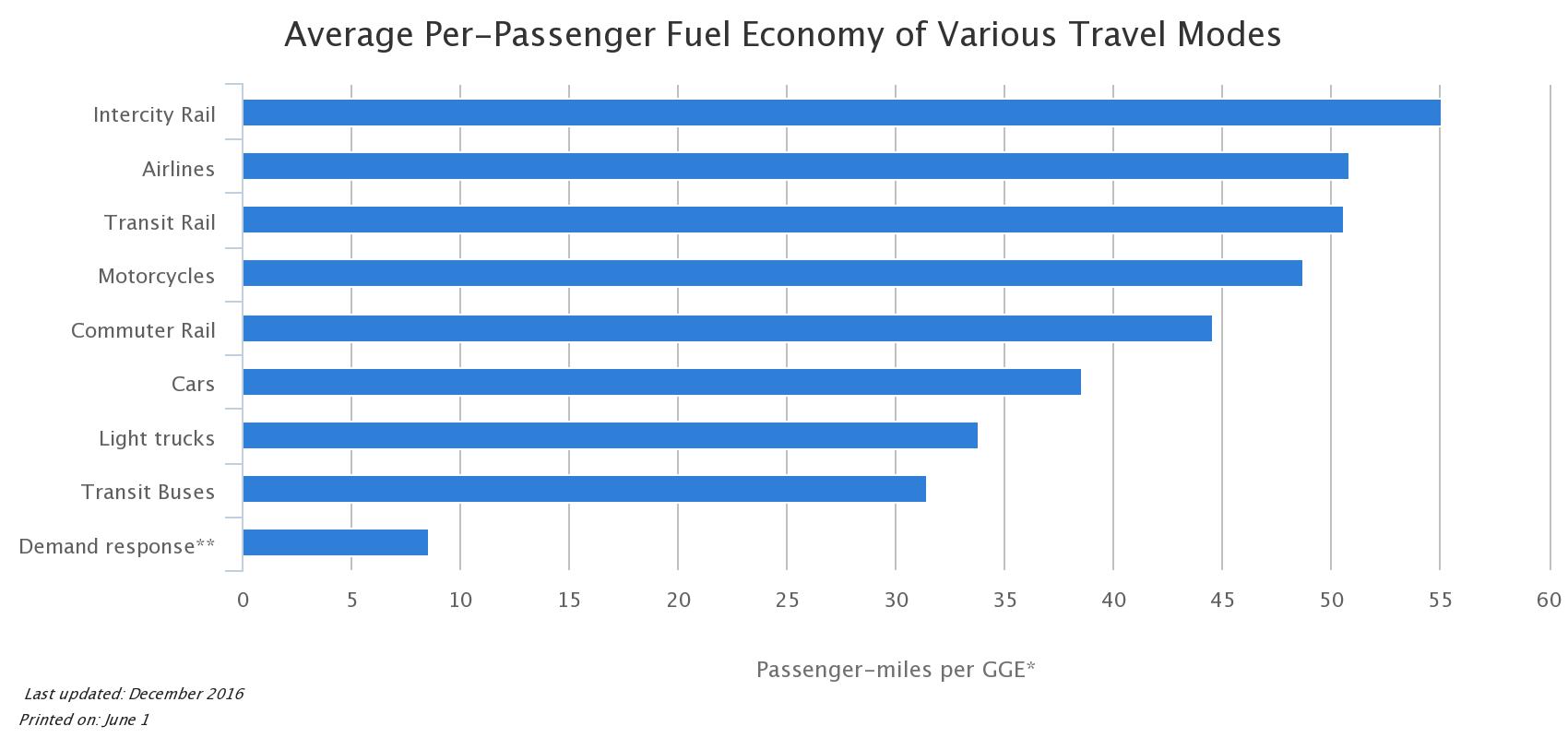104. Minimize and mitigate the energy and environmental costs of flying

Travel is a major cause of climate change, whether it’s driving cars or flying in airplanes. Every time we burn fossil fuels by car, airplane, bus, or train, we’re contributing to the problem. It’s true that tropical deforestation is an even bigger driver of climate change than is transportation (including flying), but rationalizing isn’t really the best way to address the ironic costs to birds and their environment because of our traveling to see them.
According to the U.S. Energy Information Agency:
In 2016, petroleum products provided about 92% of the total energy the U.S. transportation sector used. Biofuels, such as ethanol and biodiesel, contributed about 5% of the total energy the transportation sector used, and natural gas contributed about 3%. Electricity provided less than 1% of the total energy used.
The Center for Climate and Energy Solutions has more information about transportation use and energy, as does the U.S. Department of Energy.
Jeff Price, Coordinator of the Wallace Initiative and Senior Researcher in the School of Environmental Sciences at the University of East Anglia has some specific recommendations:
- Almost all airlines offer offsets at the time you purchase a ticket. Depending on the length of the flight these are about $5 and are run through an independently audited account to make sure they are doing what they are supposed to do. These are much better than the offsetting projects of the past and generally do what they set out to do. The problem is that you may not know, or approve of, what the offsets are used for (Delta has used it to purchase forest land in Chile but others might use it on energy efficiency). In that case, a little extra work can make sure that the offsets really are “For the Birds.” Some of the bird tour companies have their own offsetting and they tell you exactly what is being done with the money – often preserving an amount of land in the tropics or reforestation projects in the tropics. The World Land Trust has a carbon calculator on their website for flights and you can purchase their offsets through them and know the types of projects it is benefitting.
- Flying during the day may be better in terms of emissions via contrail formation than flying at night.
- Newer plane models are more efficient than older ones.
- Longer flights are better than shorter ones.
- The more people on the flight, the better as far as fuel efficiency per passenger. So you can comfort yourself when you’re packed into a plane by at least feeling a bit virtuous about it.